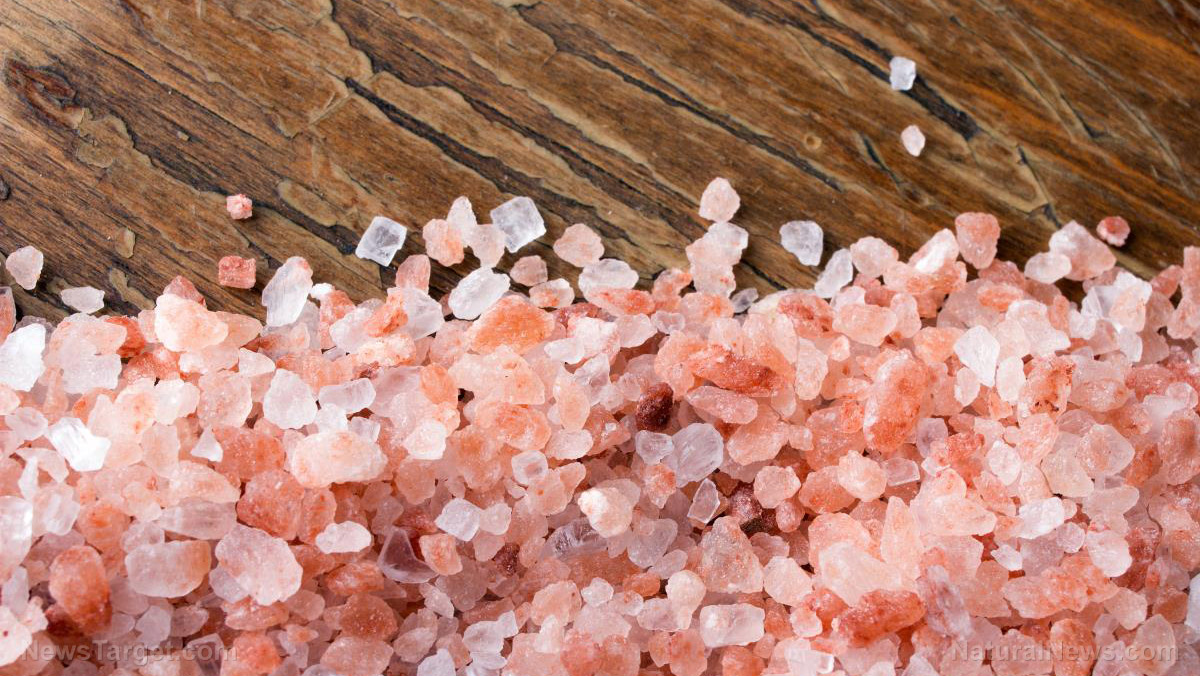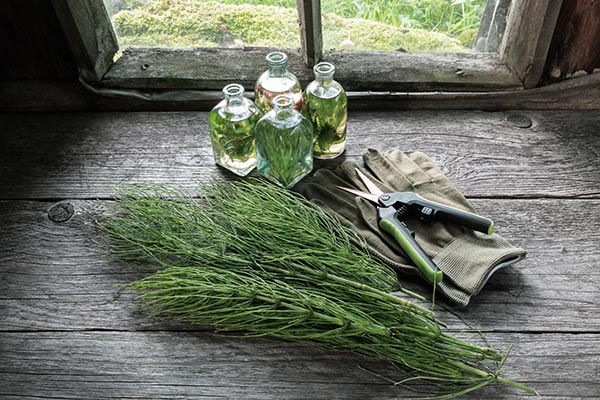High levels of vitamin C can significantly lower your risk of premature death, researchers find
02/13/2019 / By Cassie B.

Death might be inevitable, but there are lots of ways you can prolong your life, and a recent study shows that vitamin C could be one of the best tools for giving yourself some extra years.
The study, which was published in the Journal of Epidemiology and Community Health, looked at 473 men and 475 women between the ages of 53 and 84 who were part of the General Population Nutrition Intervention Trial in China. They were followed over the course of 16 years, and their blood was tested to determine their levels of vitamin C and other metrics.
At the end of the follow-up period, more than half of those studied had died, many of whom succumbed to problems like heart disease, stroke and cancer, among other causes. The researchers determined that the people whose vitamin C plasma concentrations ranked in the top 25 percent had a lower chance of dying from all causes compared to those who had the lowest levels of vitamin C.
When it came to specific illnesses, the risk of dying from cancer or a stroke was 28 percent lower in those with higher levels of vitamin C. For the purposes of the study, a low vitamin C level was defined as being 28 micromoles per liter or below, while normal levels were considered to be higher than 28 micromoles per liter.
The researchers believe the improvements came about because of vitamin C’s ability to lower cellular oxidative stress. When left unchecked, oxidative stress can lead to arterial inflammation and heart disease, not to mention the DNA damage in cells and the growth of cancer cells.
A different study reached a similar conclusion in 2015. The research looked at data from 100,000 people in Denmark that included their fruit and vegetable intake as well as their DNA. The researchers found that the people who ate the most fruit and vegetables had a 15 percent reduced risk of cardiovascular disease and a 20 percent reduced risk of early death when compared to those who rarely consumed produce. Moreover, they found that the lower risk was linked to the high concentrations of vitamin C in their blood that eating fruits and vegetables created.
Getting your vitamin C from food is best
This finding emphasizes the importance of getting vitamin C from food sources rather than supplements wherever possible. The human body can’t produce it, so it’s worth taking the time to learn which produce is highest in the vitamin and making a point of consuming more of it.
Some of the best sources of vitamin C are fruits. You might have heard that citrus fruits are a great source of vitamin C and while they are indeed worth eating, the truth is that oranges actually pale in comparison to some other fruits and vegetables when it comes to vitamin C content. Papaya, strawberries, kiwis, mangos, and pineapple are all excellent sources of this vitamin, but be sure to get organic varieties and consume them raw for the most benefits.
There is no shortage of vegetables that also fit the bill. Chili peppers are a great choice, but if you’re not a fan of heat, red bell peppers are the way to go; they offer nearly three times as much vitamin C as an orange. Green bell peppers don’t have as much vitamin C as the red varieties, but they do still have significant amount of the nutrient. Kale, broccoli, and cauliflower are also good sources.
Proper nutrition can be incredibly powerful when it comes to preventing disease and protecting your health, so take a look at your typical diet and try to find new ways to incorporate vitamin C-rich foods to give your longevity a boost.
Sources for this article include:
Submit a correction >>
Tagged Under:
cancer, food is medicine, grocery cures, longevity, nutrients, prevent disease, prevention, remedies, research, stroke, vitamin C, vitamin C sources
This article may contain statements that reflect the opinion of the author
RECENT NEWS & ARTICLES
COPYRIGHT © 2017 NATUROPATHY NEWS





















